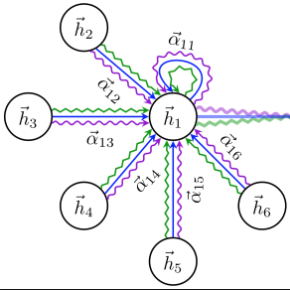The increase of bandwidth-intensive applications in sixth-generation (6G) wireless networks, such as real-time volumetric streaming and multi-sensory extended reality, demands intelligent multicast routing solutions capable of delivering differentiated quality-of-service (QoS) at scale. Traditional shortest-path and multicast routing algorithms are either computationally prohibitive or structurally rigid, and they often fail to support heterogeneous user demands, leading to suboptimal resource utilization. Neural network-based approaches, while offering improved inference speed, typically lack topological generalization and scalability. To address these limitations, this paper presents a graph neural network (GNN)-based multicast routing framework that jointly minimizes total transmission cost and supports user-specific video quality requirements. The routing problem is formulated as a constrained minimum-flow optimization task, and a reinforcement learning algorithm is developed to sequentially construct efficient multicast trees by reusing paths and adapting to network dynamics. A graph attention network (GAT) is employed as the encoder to extract context-aware node embeddings, while a long short-term memory (LSTM) module models the sequential dependencies in routing decisions. Extensive simulations demonstrate that the proposed method closely approximates optimal dynamic programming-based solutions while significantly reducing computational complexity. The results also confirm strong generalization to large-scale and dynamic network topologies, highlighting the method's potential for real-time deployment in 6G multimedia delivery scenarios. Code is available at https://github.com/UNIC-Lab/GNN-Routing.
翻译:暂无翻译




